Caring For Little Smiles-When should the first dental visit take place?
When should your little one’s first dental visit take place? Between 6 mths and 1 year of age when those pearly whites start to come in. I am a mom and a dental hygienist. My kids health and well being comes first always. Poor oral health contributes to poor systemic health, poor sleep, poor digestion and can affect your child’s development. I’m very passionate about helping my kids and Embrace Dental Hygiene clients prevent tooth decay. Earlier visits are proven to reduce childhood decay. Dental professionals will guide, coach and teach you to promote your child’s best health. The Canadian Dental Association , the American Dental Association, the Canadian Dental Hygiene Association all agree introduction before the 1st birthday is best. We will help you establish those healthy habits as early as possible and prevent cavities for life.
What happens if you wait? Waiting leaves the door open to disease. 90% of decay is completely preventable. Let’s face it most moms are not a dental professionals and are not equipped to identify warning signs of tooth decay. Your dental hygienist is. We not only look for early decay but risk factors for disease that can be managed. Management of those factors eliminates risks and promotes your child’s best health. Which means cavities will not happen. And baby teeth matter! They form the foundation of the face, are the airways, necessary for eating, assist with developing speech, and are a guide for erupting adult teeth. You want them to be healthy until it’s time for them to be replaced. And we don’t want our children needing painful or traumatic dental work that could have been prevented. Prevention is painless and is simply a matter of supporting your child’s health with customized interventions. At Embrace Dental Hygiene these natural interventions will include diet, habit and lifestyle modifications coupled with dental hygiene therapies designed for your child’s needs. The care we provide will grow and adapt as your child develops to their potential.
Call now to schedule a visit for your little one 519-736-1100 or email jen@embracedentalhygiene.com.
Click here to read my top 10 tips for cavity free kids.
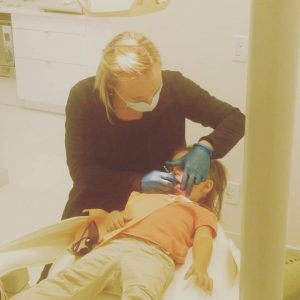
first dental visit
Book your child’s first dental visit at Embrace Dental Hygiene. We start seeing littles as early as 6mths to one year of age here at Embrace Dental Hygiene in Amherstburg. This is the ideal time to start children on the path of health and ensure parents and caregivers have the tools and information necessary to help their children. The picture on the left is me providing care to my two year old. Believe it or not she loves having her teeth taken care of. I have worked hard to create a low anxiety environment that is ideal for families and children. My kids don’t want to go home when they visit:) Our goal is for your child to be excited about coming to Embrace Dental Hygiene. The first visit includes as much or as little care as you and your child are comfortable with. A ride in the chair and an introduction to “Mr. thirsty” and the “tooth tickler” helps put your child at ease. This visit will provide moms and dads with the tools and information you will need to give your child the healthiest start possible. I can address any questions or concerns that you may have and if necessary make appropriate referrals. The customized care and knowledge that you will gain will help keep those little ones out of the dentist’s chair. No child should experience tooth decay we have the power to prevent it.
Take your first steps on the path to a cavity free future. Call now to set up an appointment for your “Little Smiles” visit! 519-736-1100 questions email jen@embracedentalhygiene.com
Jen Mayhew, RDH
P.S. Sign up for my newsletter and visit my facebook page and never miss an event or promotion.
Check out these tips from the Canadian Dental Hygiene Association:
Healthy smiles for babies and toddlers
(NC)—We don’t usually associate cavities or gum disease with infants but in fact, oral diseases begin very early. For example, early childhood caries (cavities) is a form of severe tooth decay in the primary (baby) teeth of children from birth to age 3, and it affects more than 10 per cent of preschool-aged children in Canada. Baby’s first teeth are crucial to healthy adult teeth, and early childhood cavities can lead to much bigger oral health issues later in life.
Reduce the risk and follow these simple care tips with your little one:
- Be a good role model. Keep your own teeth and gums healthy.
- Wipe baby’s mouth and gums with a clean, wet cloth or piece of gauze after feeding.
- Gently clean newly erupted teeth with a small, soft toothbrush.
- Avoid fruit punches and other sweetened drinks in baby bottles, especially before bed.
- Reduce the frequency of nighttime feedings.
- Use only pacifiers with an orthodontic design, and don’t dip it in sugary substances.
- Avoid transfer of your saliva onto items used by baby, including bottles, cups, pacifiers. Bacteria spreads.
- Rinse baby’s mouth with clear water immediately after any liquid medication is given.
- Check for early warning signs by lifting up baby’s top lip. White, chalky teeth or brown or black stained teeth indicate a problem. Contact your dental professional immediately.
- Gradually introduce fresh fruits and vegetables to the diet. These foods, which require chewing, stimulate saliva flow and help to neutralize acids.
- Begin regular dental visits by age one.
More tips and information about oral health care is available online at www.cdha.ca.
www.newscanada.com
Word count: 267
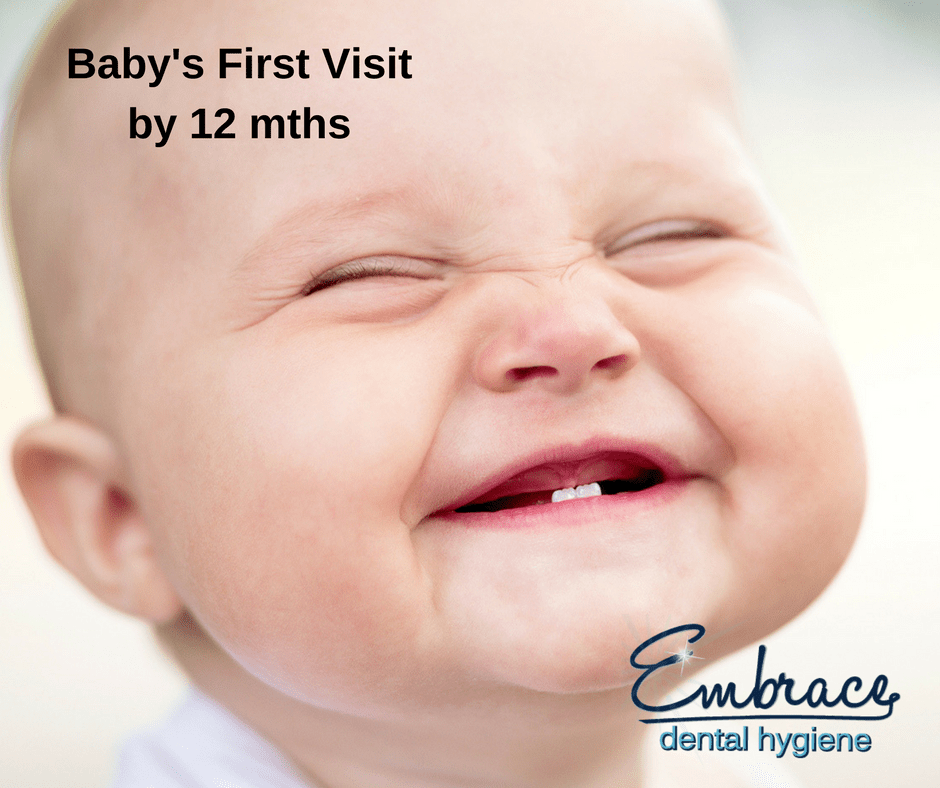
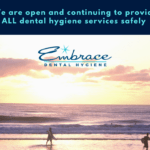

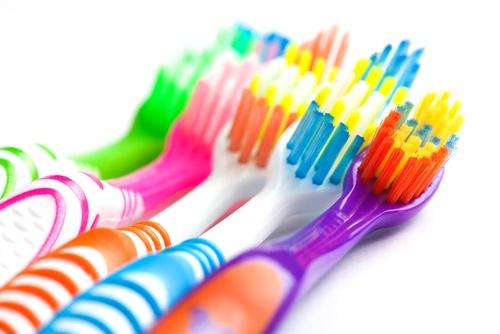
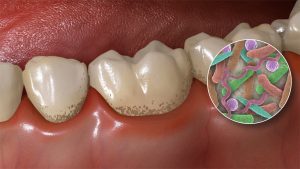
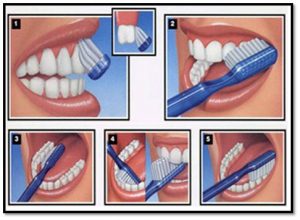
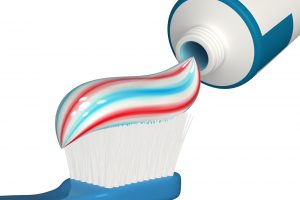 as effective at disrupting the bacteria. I will say avoid ones that claim they whiten for everyday use as they can be very abrasive and increase sensitivity with time. Also, that big swoop of toothpaste in the picture is waaaaaaayyyy too much. A pea size amount is plenty. I will also be devoting a post to
as effective at disrupting the bacteria. I will say avoid ones that claim they whiten for everyday use as they can be very abrasive and increase sensitivity with time. Also, that big swoop of toothpaste in the picture is waaaaaaayyyy too much. A pea size amount is plenty. I will also be devoting a post to 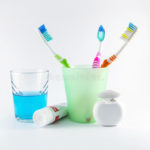

 en to never have to experience a filling. It is my vision to see my children and my little clients grow up not knowing what a cavity is. It can be done! Starting with
en to never have to experience a filling. It is my vision to see my children and my little clients grow up not knowing what a cavity is. It can be done! Starting with 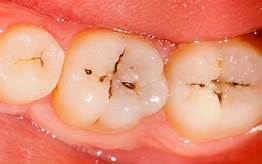 decay is multifactorial. No two people experience tooth decay for the same reason. A comprehensive oral assessment can give you answers.
decay is multifactorial. No two people experience tooth decay for the same reason. A comprehensive oral assessment can give you answers. t start to disrupting oral bacteria. But sometimes it’s not enough or we need to
t start to disrupting oral bacteria. But sometimes it’s not enough or we need to 
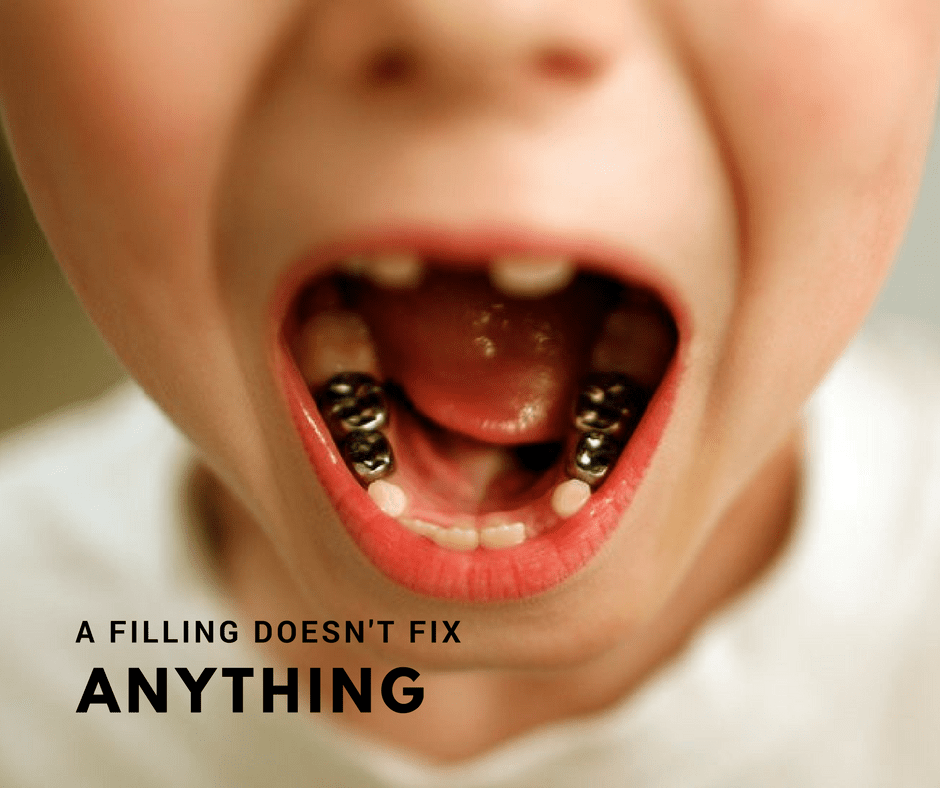
 Nobody likes the dentist. How do I know this? After almost 20 years in the dental field I know. I’ve heard all of the horror stories and childhood traumas. I’ve heard “I don’t want to be here”…and many other laments of woe. People associate the dental office with sounds they dislike, smells they can’t stand and pain. There is so much wrong with this. You should not fear someone who is there to help you. I’ve built my practice to provide dental care in comfort without any of those things. But I will get into that later.
Nobody likes the dentist. How do I know this? After almost 20 years in the dental field I know. I’ve heard all of the horror stories and childhood traumas. I’ve heard “I don’t want to be here”…and many other laments of woe. People associate the dental office with sounds they dislike, smells they can’t stand and pain. There is so much wrong with this. You should not fear someone who is there to help you. I’ve built my practice to provide dental care in comfort without any of those things. But I will get into that later.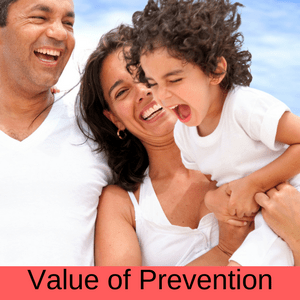
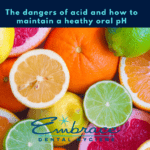
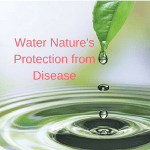

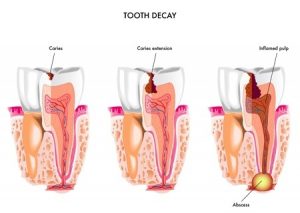

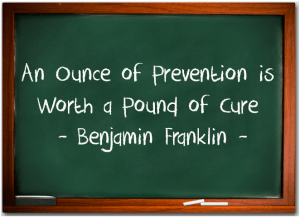

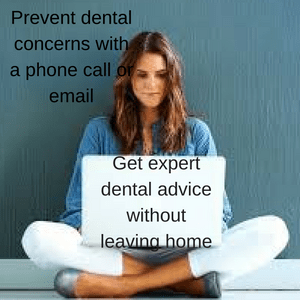

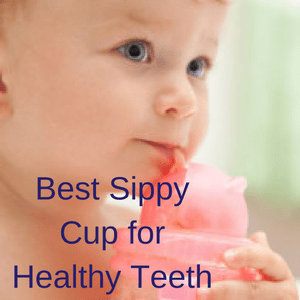

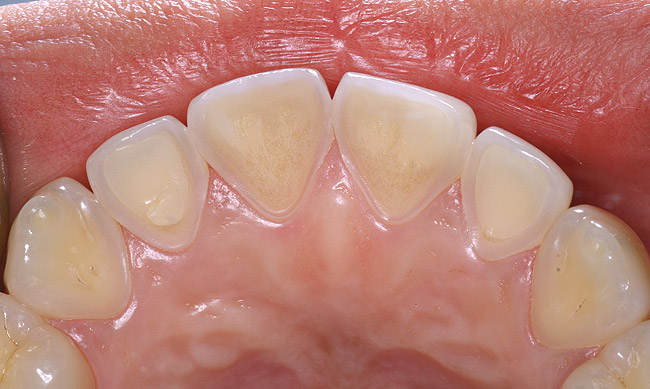
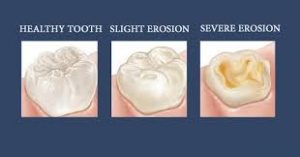
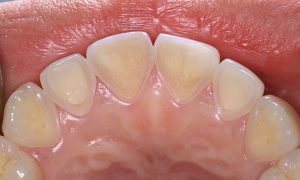
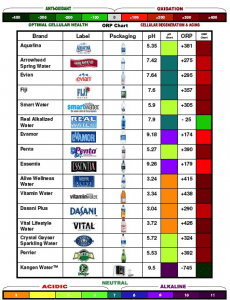
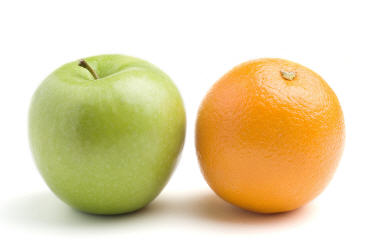

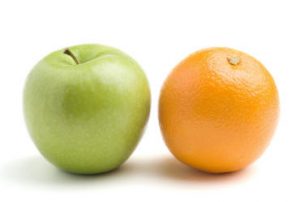
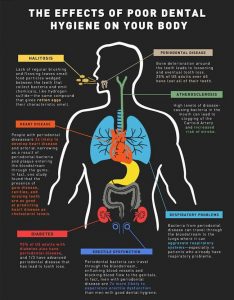 You cannot be healthy without a healthy mouth. Poor oral health contributes to heart disease, respiratory disease, cancers, poor pregnancy outcomes and more. Your diet, your lifestyle and your preferences will promote health or may be promoting disease. There are no two people with the same needs. Everyone receiving the same dental care boils down to no one getting what they need. You need and deserve care designed for you. Call me today and set up a free consultation or an oral health assessment 519-736-1100 let’s figure out what you need 🙂
You cannot be healthy without a healthy mouth. Poor oral health contributes to heart disease, respiratory disease, cancers, poor pregnancy outcomes and more. Your diet, your lifestyle and your preferences will promote health or may be promoting disease. There are no two people with the same needs. Everyone receiving the same dental care boils down to no one getting what they need. You need and deserve care designed for you. Call me today and set up a free consultation or an oral health assessment 519-736-1100 let’s figure out what you need 🙂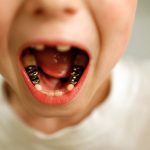

Share This Article
Choose Your Platform: Facebook Twitter Google Plus Linkedin